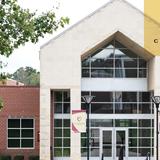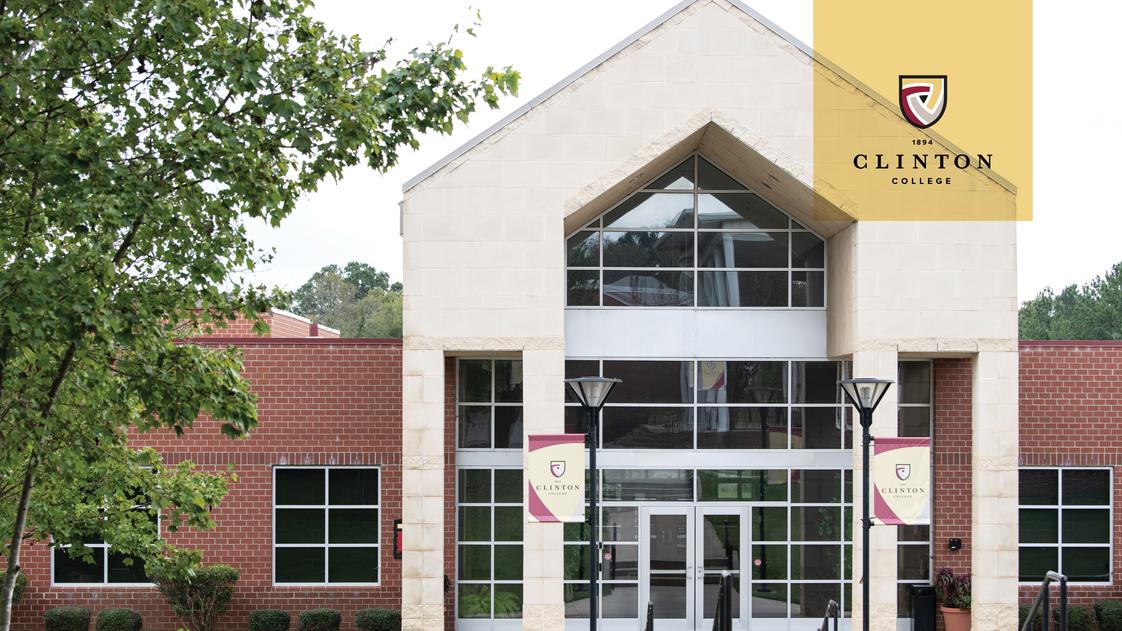The average community college in South Carolina offers approximately 7 programs (2025).
The community colleges offering the most programs are listed below (where sufficient data available).
The community college in South Carolina offering the most programs is Clinton College, offering 9 programs.
Programs Offered Range: 4
9
Avg. Programs Offered: 7
South Carolina Community Colleges Offering the Most Programs (2025)
College
Programs Offered
Location
Rank: #11.
Clinton College![Clinton College Photo Clinton College Photo]()

Private not-for-profit
Programs Offered: 9
1029 Crawford Rd
Rock Hill, SC 29730
(803) 327-7402
Rock Hill, SC 29730
(803) 327-7402
Rank: #22.
Miller-Motte College-Charleston
Private for-profit
Programs Offered: 4
8085 Rivers Ave., Ste E
Charleston, SC 29406
(843) 574-0101
Charleston, SC 29406
(843) 574-0101
Frequently Asked Questions
What is the South Carolina average community college programs offered?
The South Carolina average community college programs offered is 7 for 2025.
What are schools with the highest average community college programs offered in South Carolina?
The schools with the highest average community college programs offered in South Carolina include Clinton College and Miller-Motte College-Charleston.
Recent Articles

Obtaining Your Bachelor's Degree at a Community College
Explore the evolving landscape of community colleges offering bachelor's degrees, addressing affordability, accessibility, and workforce needs.

A to Z of Community College Certificates and Courses
From business and healthcare to technology and skilled trades, the article showcases the breadth of options available to students seeking to enhance their knowledge, develop new skills, or pursue career advancement.

What is a Community College?
This comprehensive guide explains what a community college is, its history, and its role in higher education. It covers the types of programs offered, differences from four-year colleges, benefits of attending, and important considerations for prospective students, providing valuable insights for those exploring educational options.



